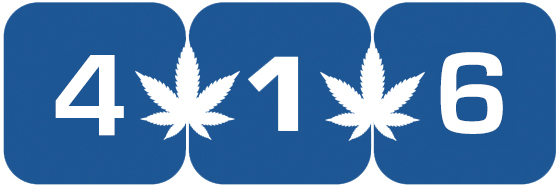According to Arizona social equity applicants and community members, the state’s cannabis program isn’t operating as intended.
The passage of Proposition 207 in 2020 legalized adult-use cannabis, and part of the law required that social equity applicants meet specific criteria. This included having annual income 400% less than federal poverty level, having a cannabis-related conviction on their record (or knowing someone close who did), and living in a zip code that has been disproportionately affected by the War on Drugs. The program stated that its goal is to “promote the ownership and operation of marijuana establishments and marijuana testing facilities by individuals from communities disproportionately impacted by the enforcement of previous marijuana laws.”
Alicia Deals and 1,301 other applicants applied for the license in 2021, and at the time only 26 licenses were available. A lottery was held in 2022 to determine the winners, one of which was Deals. “We went for it. And we won, and we won in the most grandest fashion,” Deals told the Arizona Mirror.
While Deals’ business continues to thrive, other social equity applicants decided to sell their licenses to corporate companies or other private organizations. According to a report from the Arizona Center for Investigative Reporting, 11 of the 26 social equity licenses were owned by corporate dispensaries, while seven were purchased by private investors and half of the licenses were associated with shell LLCs. Deals partnered with Cookies to open a dispensary in Tempe, Arizona in August 2023.
Marijuana Industry Trade Association founder and president, Demitri Downing, said in a statement that the program’s reality isn’t what the voters approved. “I would argue that the social equity licensing programs that exist in cannabis have done the exact opposite of what needed to be done,” Downing said. Others who criticize the current program also added that 26 licenses, in comparison to …
Read More
Author: Nicole Potter / High Times







